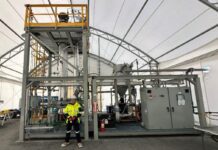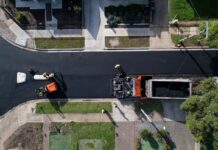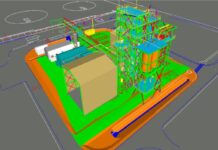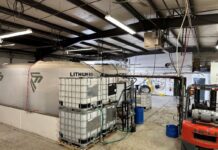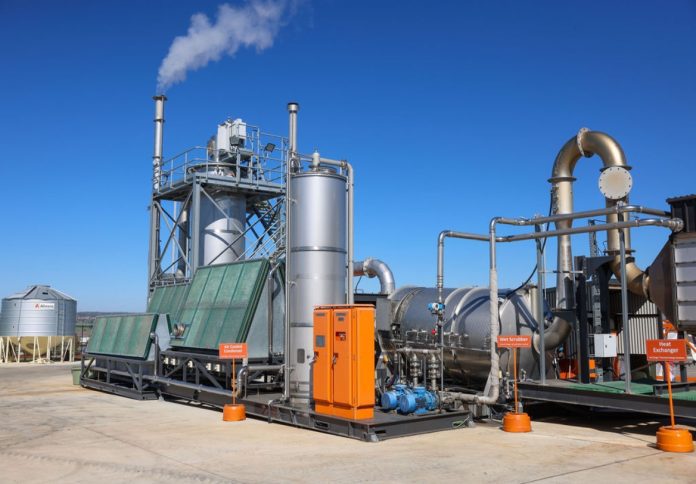
Australian engineering firm Pyrocal has been selected as the preferred technology partner to deliver its Continuous Carbonisation Technology (CCT) to the Capital Regional District (CRD) in British Columbia, Canada.
The system will be integrated into the CRD’s Residuals Treatment Facility at the Hartland Landfill, where it will process 100 per cent of the region’s Class A biosolids and convert them into biochar, as revealed in a news release.
The project forms part of the CRD’s long-term Biosolids Management Strategy, which was confirmed in March 2025 and supports the adoption of advanced pyrolysis technologies.
Pyrocal’s CCT system transforms biosolids and organic waste into biochar, a carbon-rich material that improves soil health while reducing emissions and landfill dependency.
“The advanced technology and infrastructure that Pyrocal provides will not only enhance our biosolids management capabilities but also contribute to long-term environmental benefits for our community,” said CRD Board Chair Cliff McNeil-Smith.
The technology is expected to deliver competitive production costs while opening market opportunities for biochar in the region.
According to the Australian firm, CRD’s decision builds on Pyrocal’s track record in Australia, where it delivered the country’s first continuous carbonisation facility at Logan Water’s Loganholme Wastewater Treatment Plant in Queensland.
Chris Coleman, chair of the CRD’s Core Area Liquid Waste Management Committee, said the project sets a new standard for waste treatment. “The technology sets a new benchmark for managing liquid waste efficiently and sustainably,” he said.
Pyrocal CEO Barry Croker said the partnership highlights the company’s ability to support environmentally responsible solutions globally.
“From an Australian first to a Canadian first, we’re thrilled to bring our technology to the CRD,” Croker said. “This project is a major milestone, not just for CRD and Pyrocal, but for global biosolids innovation. We’re proud to support the CRD’s forward-thinking approach, delivering lasting environmental and economic benefits to Vancouver Island and demonstrating our ability to deliver impactful solutions across borders.”
The CRD will now advance to the next phase of the project, which includes detailed financial analysis, community consultation, regulatory processes, and engagement with First Nations.
Construction is anticipated to begin in early 2026.


